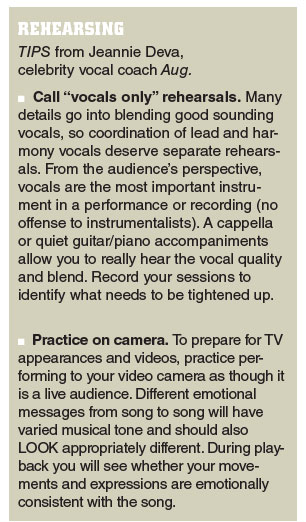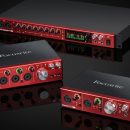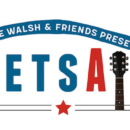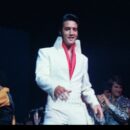There’s nothing more valuable than career advice from those who’ve “been through it.” And Music Connection’s interviews are loaded with it. So we’ve compiled what we feel are the most helpful tips, insights and inspirations from the many artists and music people we’ve spoken to during the past year.
SONGWRITING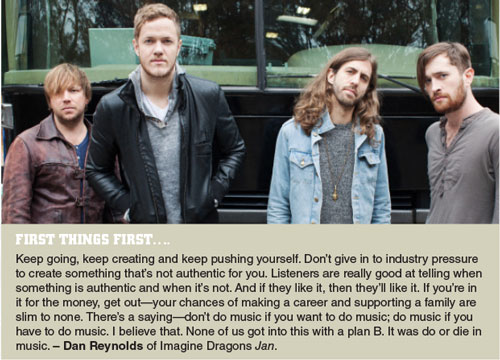 One consistent thread of all writers I work with is that they’re feeling, sincere dudes. We talk honestly and dig in before we write, sometimes as long as an hour. Not coincidentally, those are the songs that are the most sought after by artists and A&Rs. - Ricky Reed, songwriter July
One consistent thread of all writers I work with is that they’re feeling, sincere dudes. We talk honestly and dig in before we write, sometimes as long as an hour. Not coincidentally, those are the songs that are the most sought after by artists and A&Rs. - Ricky Reed, songwriter July
I’d love to control the narrative that people interpret out of the music, but I learned a long time ago you can’t. Make the song be about what they want it to be about. At the end of the day, their interpretation of it is probably cooler than what you actually meant when you wrote it. - Slug of Atmosphere June
You have to get excited about something within the first 30 minutes. If you’re not, then move on. There should be something beautiful early on. - Niles Hollowell-Dhar, the Cataracs (producer) March
Even though you may not like a song or an artist, [a hit] is still worth a listen. Hits are hits for a reason, and they are definitely hard to come by. Each has some sort of magic––as well as some common elements––so something can be learned from every single one. - Bobby
Owsinski, producer/engineer, author Feb.
Detune your guitar to something other than the standard E-A-D-G-B-E. Move your B up to C, your G down to F#... that sort of thing. Now start improvising chords and melodic shapes as if you were playing a standard tuning. Why? The odd tuning will give you melodic and harmonic ideas you’d probably not have found otherwise. Be prepared for weird sounds, but you’ll probably stumble on something that’ll get the creative juices flowing. - Gary Ewer, music teacher, clinician, composer, arranger July
PERFORMING
Artists must be strong performers today. Touring is big now. You need to get people into your music and if an artist doesn’t have stage skills, they need to develop them. - Dallas Martin,
SR. VP A&R Atlantic Records Jan.
Good microphone technique involves not only handling (not cupping the microphone), but also knowing the correct way to sing into it. Your microphone should be at a 90-degree angle to your mouth for the mic to pick up as much of your vocal as possible. Avoid singing “over the top” of your microphone, i.e. holding it upright near your mouth like a lollipop, as you will be singing into the side of the microphone and there will be less of your vocal being picked up. - Andy Reynolds, concert manager, audio engineer, author June
Where you stand in relation to your monitors makes a big difference in what you hear on stage. Stay relatively close to your monitors. Position them upwards toward each ear at a 45-degree angle. If you can see down the opening of the horns in your monitor, you have them positioned optimally. - Jeannie Deva, celebrity vocal coach May
You will meet the house sound guy when you load in to do your sound check, so always introduce yourself to him and make a note of his name. (I always Sharpie the house audio people’s names onto my hand at load-in time.) - Andy Reynolds, concert manager, audio engineer, author June
Use In-Ear Monitors (IEMs): If affordable, consider being fitted for custom them. An attractive alternative to wedge monitors, IEMs offer a high-quality signal to your ear that allows you to clearly hear the mix at any chosen volume. They provide you with better sound, improved stereo balance, protection against hearing damage from loud stage sound and more. Companies to choose from include Westone, Sensaphonics and Ultimate Ears. - Jeannie Deva May
It’s very unlikely that someone will see you play at a showcase [like SXSW] and want to immediately whisk your career to the stratosphere. You have to garner their interest before they come and see you. If you’re able to get the people into the room, then the showcase can close the deal. - Jesse Kongos of Kongos July


